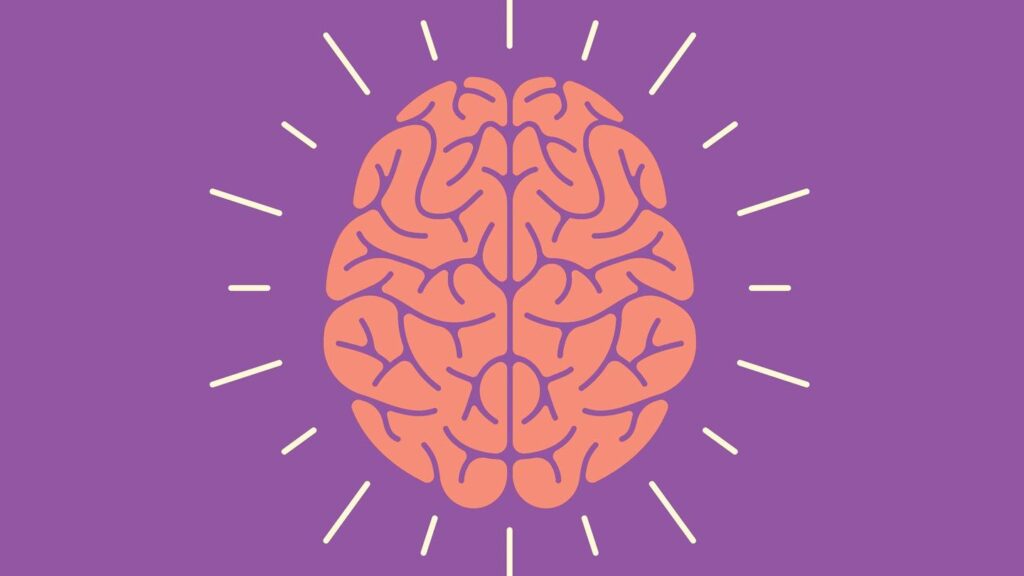Epilepsy: Causes, Symptoms, and Treatment Options

Epilepsy is a complex neurological disorder that affects individuals of all ages and backgrounds. It is characterized by recurrent seizures, which are abnormal electrical activities in the brain that result in various physical and mental manifestations. Seizures can range from mild, momentary lapses of consciousness to intense convulsions.
Understanding epilepsy begins with recognizing its different types of seizures. Generalized seizures involve abnormal electrical discharges that affect both hemispheres of the brain simultaneously. These can manifest as tonic-clonic seizures, where the person experiences stiffening and jerking movements, loss of consciousness, and possible urinary incontinence. Absence seizures, on the other hand, are characterized by brief periods of staring and temporary unawareness.
Focal seizures, also known as partial seizures, occur when abnormal electrical activity is localized in one part of the brain. They can be further categorized into focal onset aware seizures, during which the person remains conscious but experiences unusual sensations, emotions, or movements, and focal onset impaired awareness seizures, where consciousness is altered or temporarily lost.
The causes of epilepsy are multifaceted, with a combination of genetic and environmental factors playing a role. In some cases, a family history of epilepsy or certain genetic mutations increases the likelihood of developing the condition. Brain injuries, such as head trauma from accidents or sports-related incidents, can also trigger epilepsy. Additionally, developmental disorders like autism and neurodegenerative diseases can be associated with epilepsy.
Accurately diagnosing epilepsy requires a thorough medical evaluation. The healthcare provider will take a detailed medical history, noting the frequency, duration, and nature of the seizures, as well as any potential triggers or warning signs. A physical examination helps rule out other conditions that may mimic epilepsy, such as syncope or fainting spells.
To confirm the diagnosis, various diagnostic tests are employed. One of the most common is an electroencephalogram (EEG), which records the brain’s electrical activity using small electrodes attached to the scalp. EEGs can help identify abnormal brain wave patterns that are indicative of epilepsy. In some cases, a prolonged video-EEG monitoring may be necessary to capture and analyze seizures over an extended period.
Once epilepsy is diagnosed, treatment options can be explored. The primary approach to managing epilepsy is through medications known as antiepileptic drugs (AEDs). These medications work by stabilizing the electrical activity in the brain, reducing the frequency and intensity of seizures. However, finding the most effective AED and determining the right dosage can be a process of trial and error, as different individuals respond differently to each medication.
In some cases, when medications fail to provide adequate seizure control or when the seizures are localized in a specific part of the brain, surgery may be considered. Epilepsy surgery aims to remove or disconnect the epileptic focus, the area in the brain where seizures originate. This can involve resective surgery, where the affected brain tissue is surgically removed, or disconnective surgery, where the neural pathways associated with seizures are severed. Neurostimulation techniques, such as vagus nerve stimulation (VNS) and responsive neurostimulation (RNS), are also utilized as adjunctive therapies to help control seizures.
In addition to medical interventions, lifestyle management plays a crucial role in epilepsy care. It involves identifying and avoiding potential triggers, such as sleep deprivation, stress, or specific foods, that may provoke seizures. Maintaining a healthy lifestyle with regular exercise, sufficient sleep, and a balanced diet can also contribute to overall well-being and potentially reduce seizure frequency. For women with epilepsy, careful management of antiepileptic medications is essential during pregnancy to minimize the risks to the developing fetus.
Living with epilepsy presents unique challenges, but with proper diagnosis, treatment, and support, individuals can lead fulfilling lives. It is crucial to increase awareness and understanding of epilepsy within society to foster a compassionate and inclusive environment for those affected by this neurological disorder.
